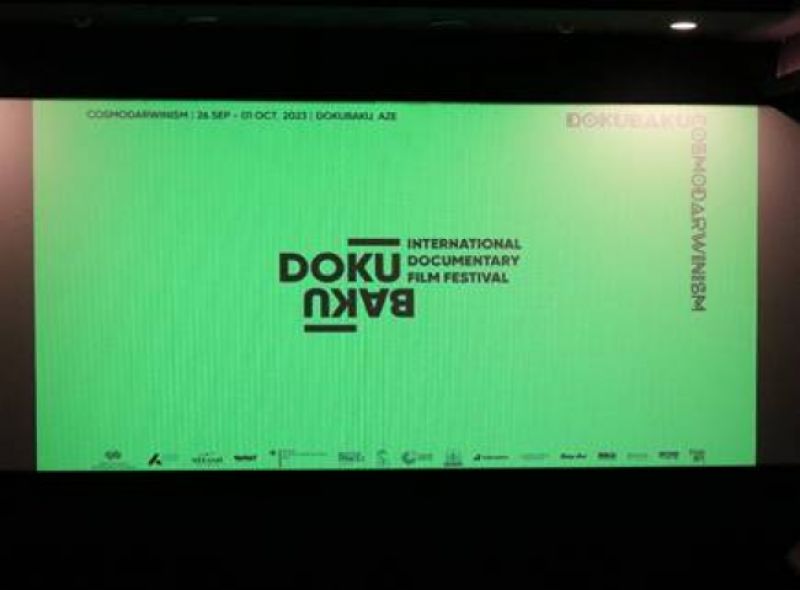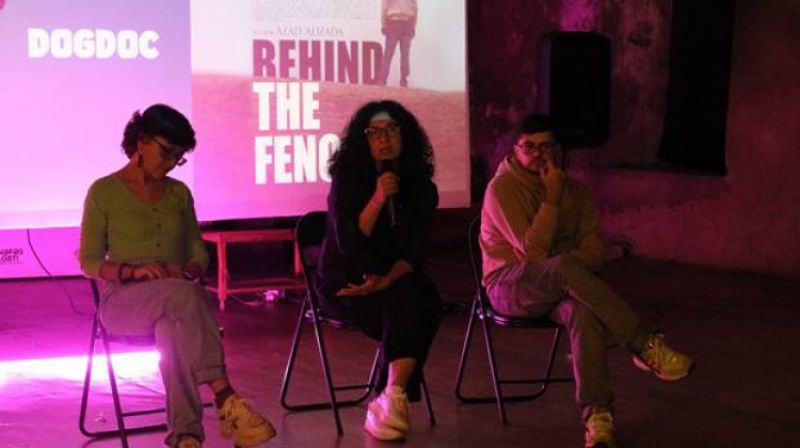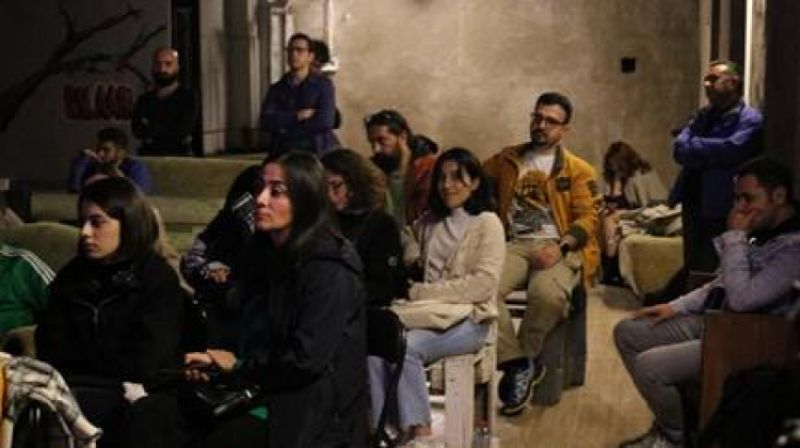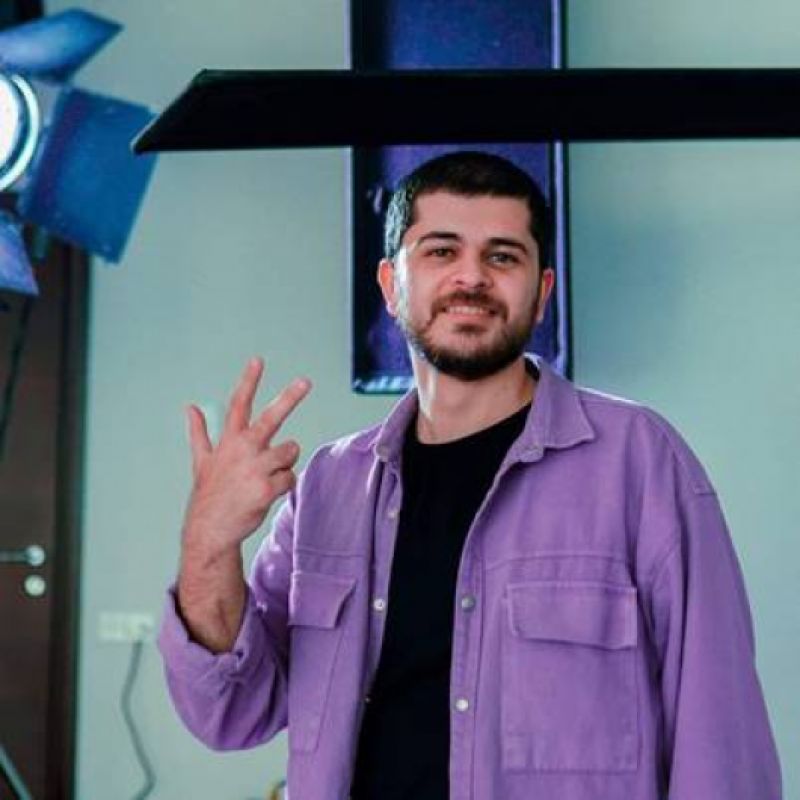
The world of art has long been a sanctuary for creativity, often challenging societal norms and boundaries. Legendary composer Ludwig van Beethoven once remarked, "A real artist can never be arrogant. He is well aware that the limits of art are endless." However, in the modern era, many independent filmmakers in Azerbaijan find themselves grappling with censorship, struggling to share their work with the world.

At the heart of this struggle is the Doku Baku film festival, an event that celebrates independent cinema and provides a platform for filmmakers to showcase their creations. However, recent iterations of the festival have been marred by censorship imposed by the Ministry of Culture of the Republic of Azerbaijan.

Imam Hasanov, the festival's director, explained that the Ministry of Culture cited a disconnect between the festival's theme and the content of local films as the reason for censorship. This decision has left many independent filmmakers disheartened, as they see their artistic expressions stifled by bureaucratic constraints.
What is particularly perplexing is that Azerbaijani law, specifically Article 9 of the law on culture, enshrines the freedom of creativity. It explicitly grants everyone the freedom to engage in creative activities on a professional or amateur basis, allowing them to protect their work with copyright and exhibit cultural assets. This legal framework seemingly contradicts the Ministry of Culture's interference in artistic expression.

Several films were removed from the festival program due to censorship and found an alternative screening venue at Salaam Cinema. These films, including "Behind the Fences" by Azad Alizadeh, "Dog Doc" by Sitara Ibrahimbayli and Dadash Musayev, and "People and Reptiles" by Nurlan Hasanli, addressed thought-provoking subjects but were deemed unfit for the festival.
After the screenings, a discussion panel was held with independent film critics Aygun Aslanli and Haji Safarov as moderators. According to Haji Safarov, censorship in Azerbaijani cinema has a history of altering film endings or requesting alternative conclusions, particularly in state-sponsored films. He cited examples such as "Down with the Flow" and "Dolls," both of which had their endings changed due to government dissatisfaction.

Haji Safarov highlighted the challenge of showcasing censored films, emphasizing that they are often edited or even omitted entirely when presented to local audiences. The decision to screen these censored films at Salaam Cinema was born out of necessity, as there were limited venues willing to accommodate them.

Imam Hasanov, the director of the Doku Baku Film Festival, expressed his frustration with the ongoing challenges faced by independent filmmakers. He called for better communication and understanding between independent directors and relevant authorities to address such issues collectively.

The struggle against censorship in Azerbaijani cinema is ongoing, and it raises crucial questions about the freedom of artistic expression and the role of government oversight in the creative process. As the debate continues, artists and filmmakers strive to find common ground that respects both the integrity of their work and the legal framework that governs it.

























Leave a review